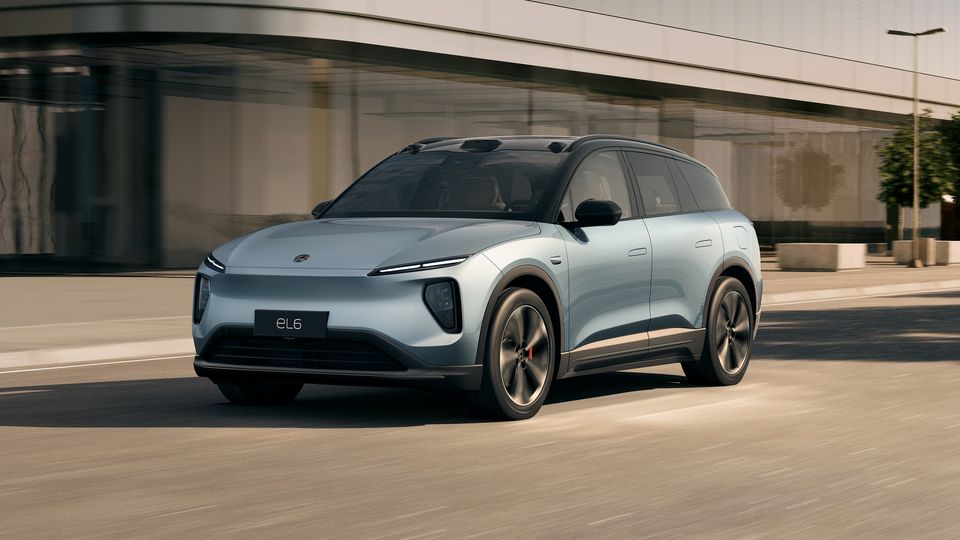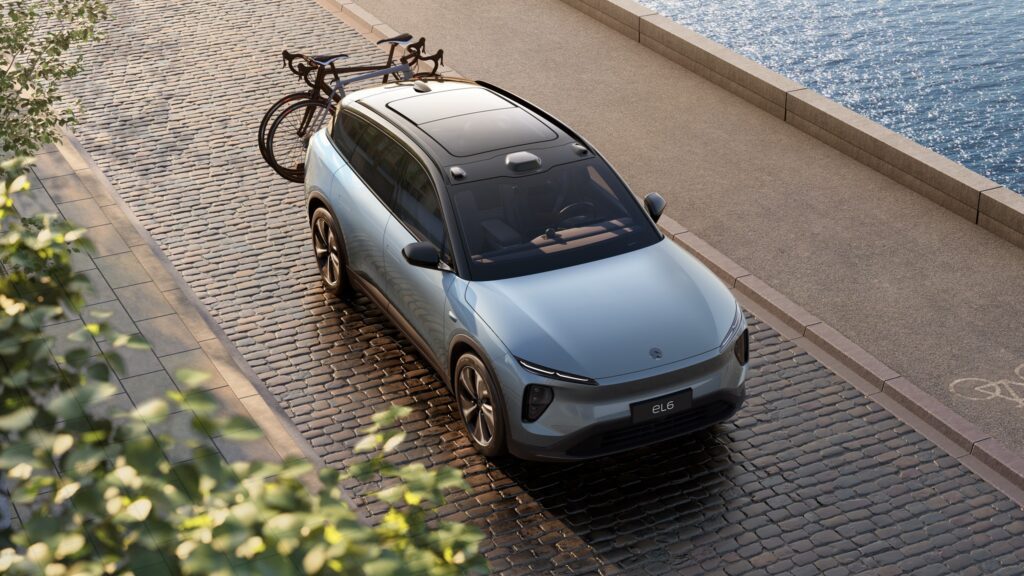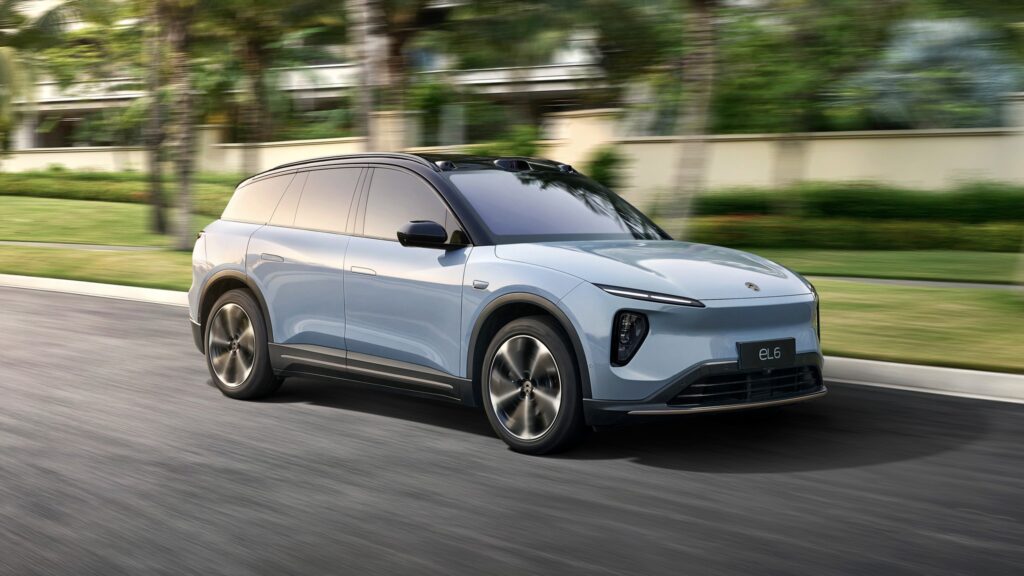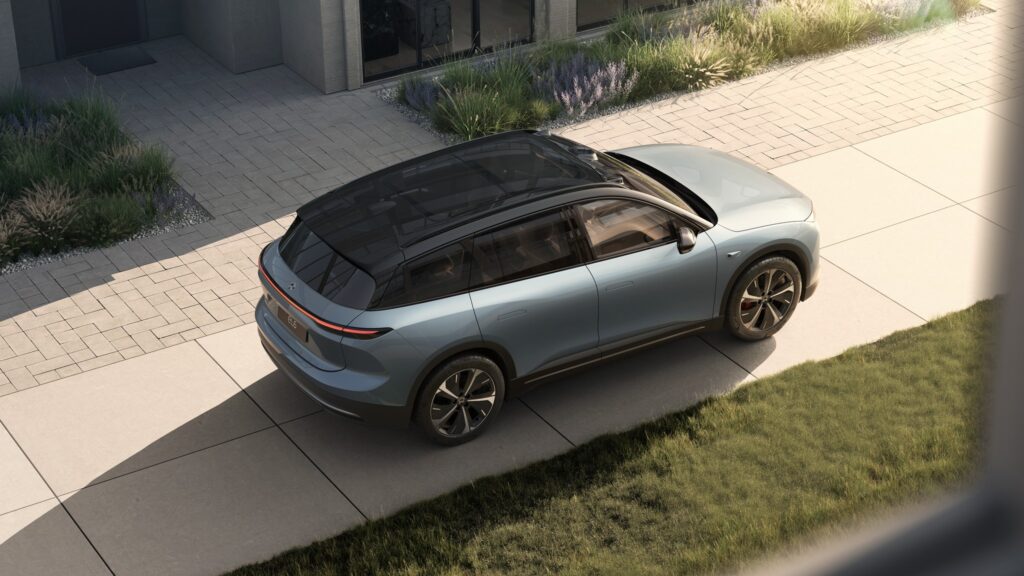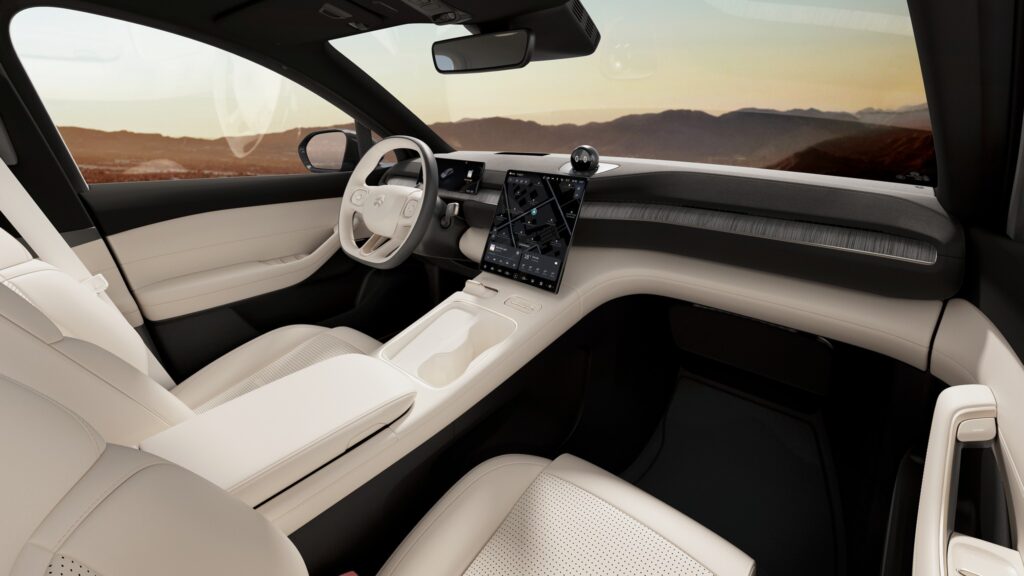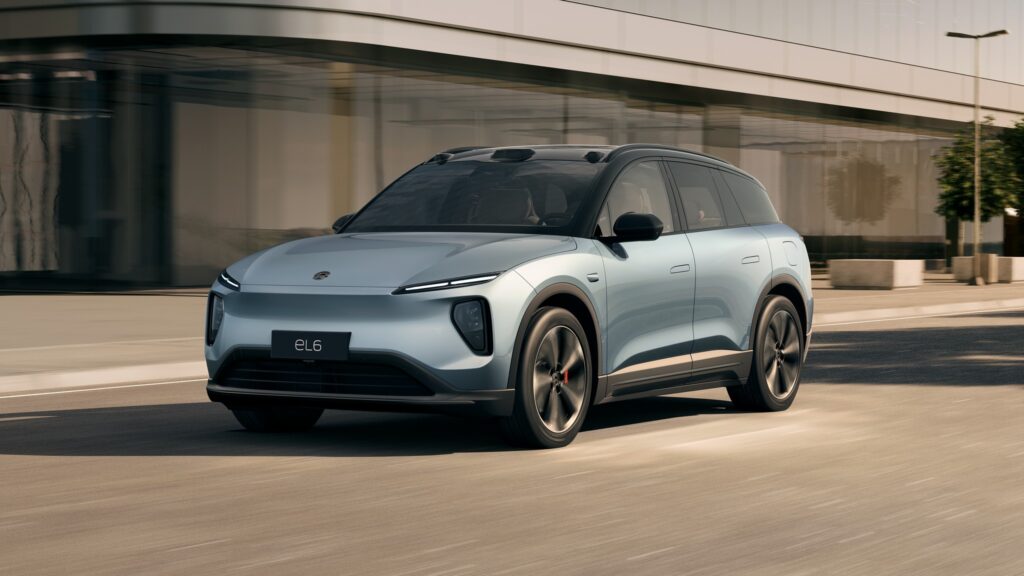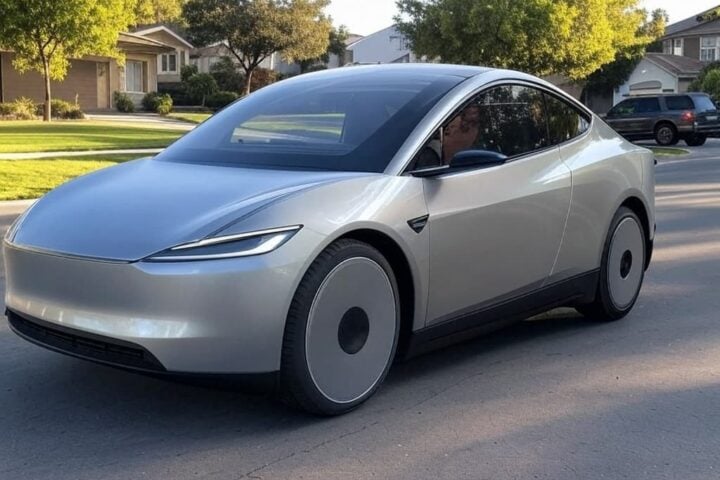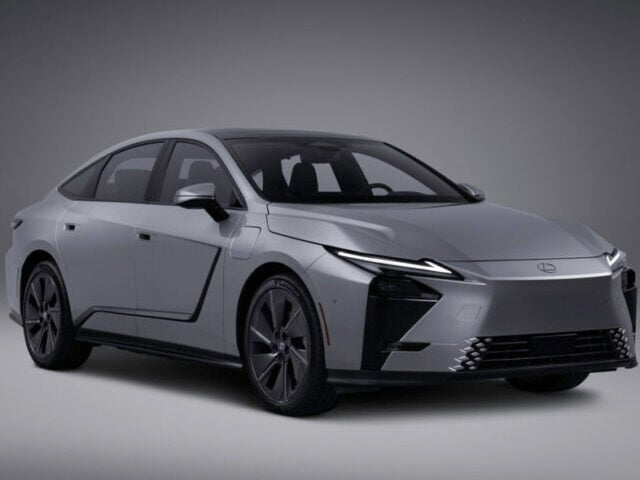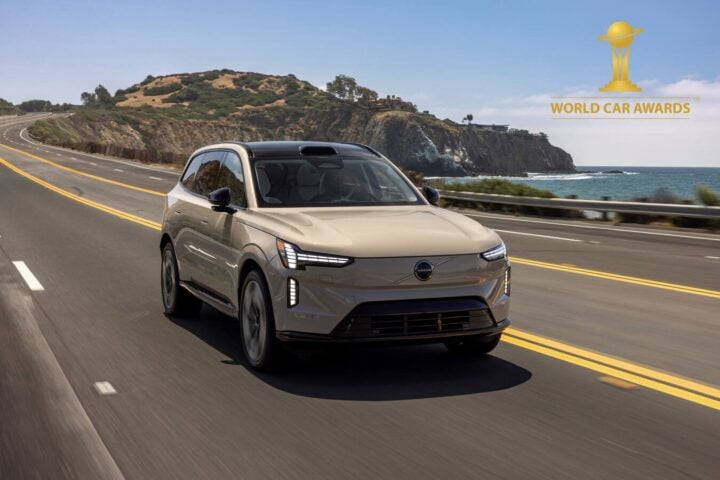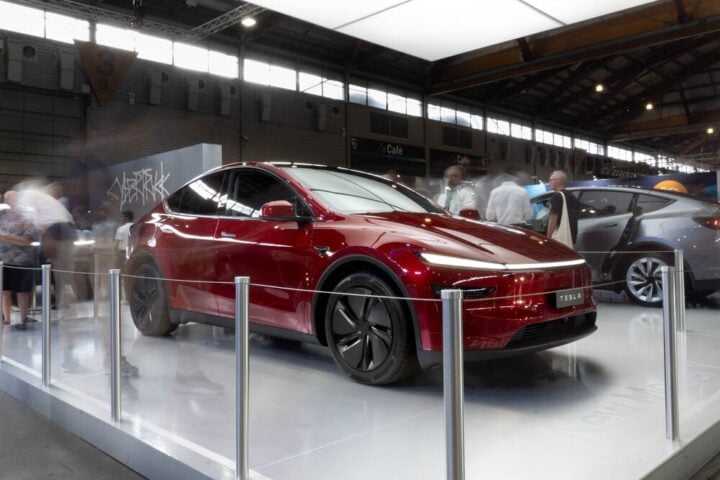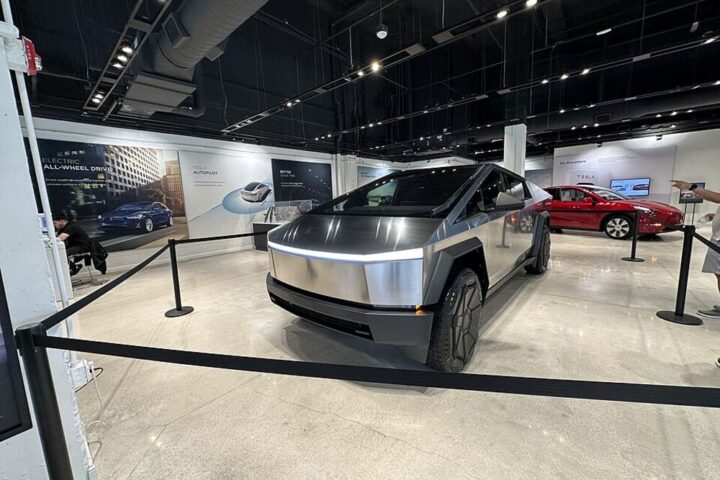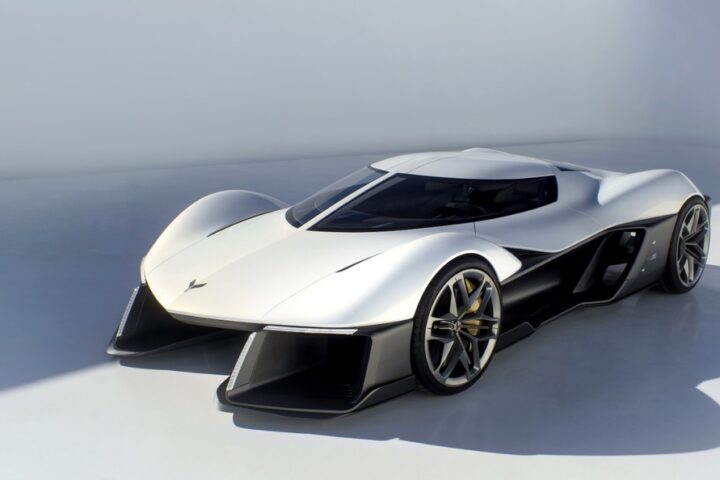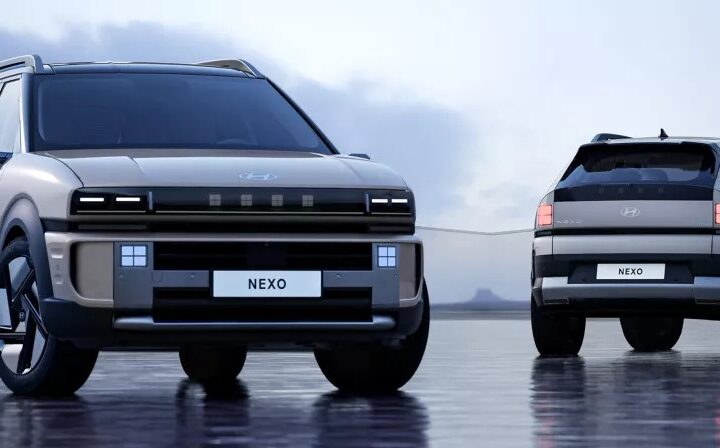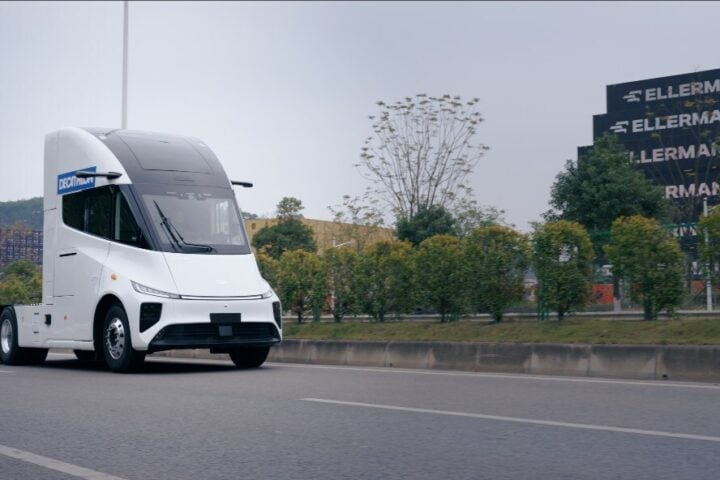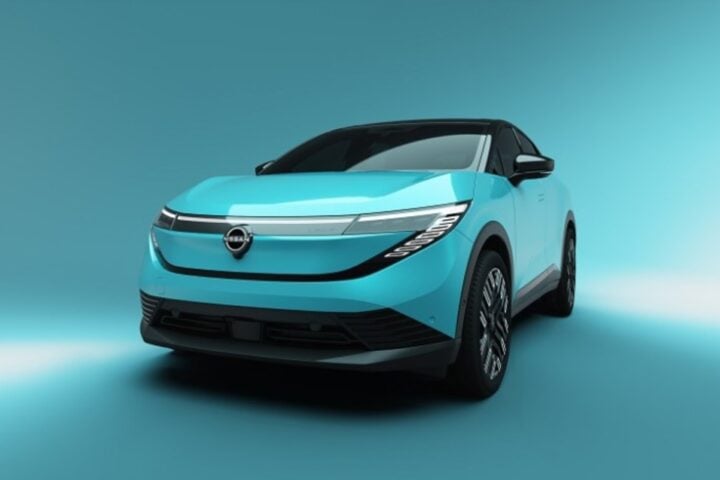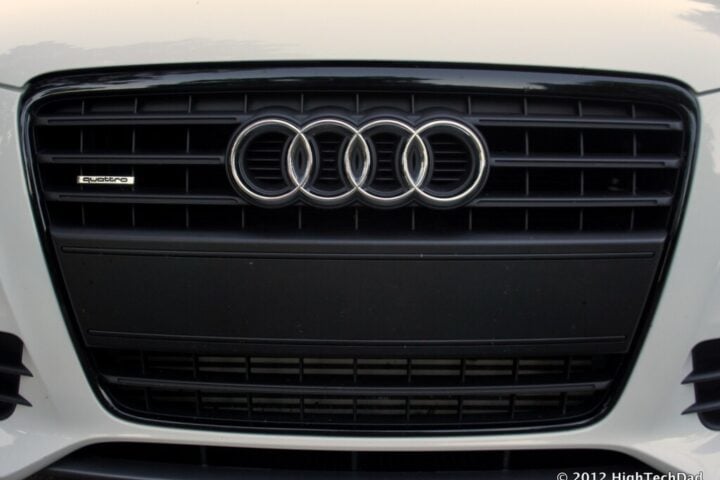As EVs continue to proliferate the automobile landscape, Chinese automaker Nio has set the industry abuzz with its bold innovation: the integration of a 150 kWh solid-state battery pack into their cars, courtesy of Beijing WeLion Energy Technology. This considerable advancement brings to the forefront the potential impact of solid-state technology in the EV realm, which we’ll delve into further.
What Makes Solid-State Special?
Unlike lithium-ion batteries which use liquid or polymer gel electrolytes, solid-state batteries leverage solid electrolytes for charge transfer between electrodes. This distinction allows them to be more energy-dense and faster-charging, all within the same physical space.
Nio’s new battery pack is set to debut on the forthcoming ES6 SUV, weighing slightly more than its predecessor at 575kg but with an energy density of 261 Wh/kg, significantly higher than the 180 Wh/kg of the lithium-ion pack. But can this new technology indeed deliver the impressive 578-mile range promised by Nio?
Realistic Expectations: Mileage & Practical Challenges
As unveiled at the Nio Day event in 2021, the company’s initial estimate was a range of 620 miles on a single charge for their ET7 sedan. Yet, given that SUVs like the ES6 are often heavier and less aerodynamic, the expected range is now reduced to 577 miles. Could this imply that the actual range might fall short of these estimates?
Moreover, the past two-year gap between the announcement and actual delivery hints at possible scale-up and cost parity issues. Does this mean other manufacturers contemplating this shift could also face similar challenges?
Solid-State’s Industry Disruption: A Gradual Transition?
Solid-state technology appears to be a sleeping giant in the EV sector, given its potential advantages. With Toyota and others also investigating its implementation, there’s a clear indication that solid-state batteries could redefine the industry’s “normal” over the next decade.
However, for now, Nio has the advantage. The first batch of cells from WeLion has arrived and the manufacturer’s updated manuals now include this 150 kWh semi-solid state battery. How will Nio leverage this first-mover advantage? And more importantly, when can we expect this technology to become available globally?
Similar Post
Future Implications: Solid-State and Beyond
The advent of solid-state technology in EVs could have significant implications for the automotive industry. This technology could revolutionize EV performance, making them more competitive with traditional internal combustion engine vehicles in terms of range and refuelling time.
However, the story doesn’t end with the successful incorporation of these batteries. The industry must address concerns like recyclability and sourcing of materials, among others. Also, with rapid advancements in battery technology, will solid-state batteries remain the optimal choice for long? Could there be another game-changer lurking in the shadows of the near future?
Nio’s breakthrough in the solid-state battery sphere is undoubtedly an exciting development. As we witness this innovation unfold, questions about practicality, scalability, and the future of the EV industry become ever more pertinent. As they say, only time will tell.
